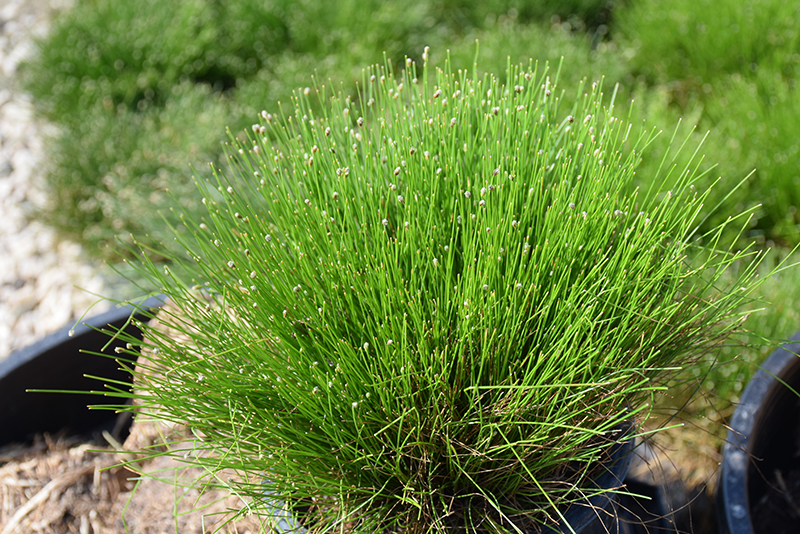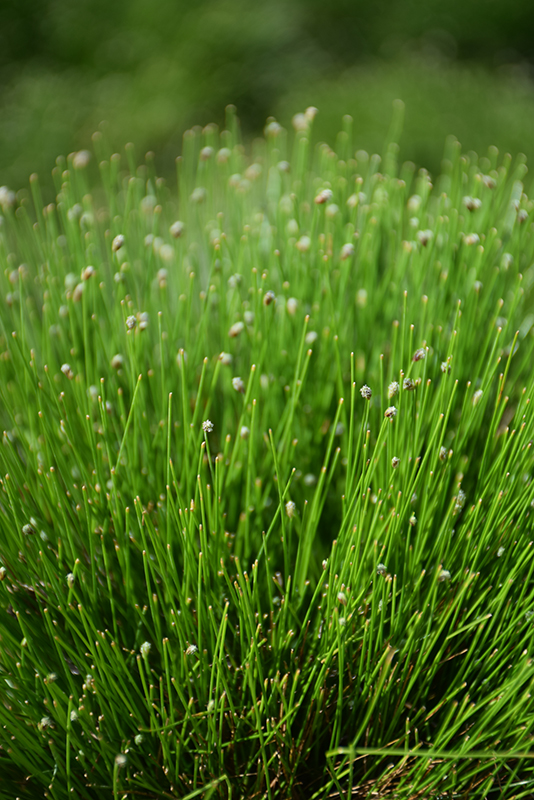Plant Finder
Height: 12 inches
Spread: 24 inches
Sunlight:
![]()
![]()
Hardiness Zone: (annual)
Other Names: syn. Isolepis cernua, Fiber Optic Grass
Description:
This interesting plant has a beautiful mounded form with tiny silver flowers on the end resembling fiber optics, great for the perpetually wet or boggy area, it provides an interesting fine texture
Ornamental Features
Low Bulrush is covered in stunning silver pea-like flowers at the ends of the stems from early summer to mid fall. Its tiny threadlike leaves emerge light green in spring, turning green in color throughout the season.
Landscape Attributes
Low Bulrush is an herbaceous annual with a shapely form and gracefully arching foliage. It brings an extremely fine and delicate texture to the garden composition and should be used to full effect.
This is a relatively low maintenance plant, and should be cut back in late fall in preparation for winter. It has no significant negative characteristics.
Low Bulrush is recommended for the following landscape applications;
- Mass Planting
- Border Edging
- General Garden Use
- Container Planting
- Bog Gardens
Planting & Growing
Low Bulrush will grow to be about 12 inches tall at maturity, with a spread of 24 inches. Although it's not a true annual, this plant can be expected to behave as an annual in our climate if left outdoors over the winter, usually needing replacement the following year. As such, gardeners should take into consideration that it will perform differently than it would in its native habitat.
This plant does best in full sun to partial shade. It prefers to grow in moist to wet soil, and will even tolerate some standing water. It is not particular as to soil type or pH. It is somewhat tolerant of urban pollution. This species is not originally from North America. It can be propagated by division.
Low Bulrush is a fine choice for the garden, but it is also a good selection for planting in outdoor pots and containers. It is often used as a 'filler' in the 'spiller-thriller-filler' container combination, providing a mass of flowers against which the thriller plants stand out. Note that when growing plants in outdoor containers and baskets, they may require more frequent waterings than they would in the yard or garden.



